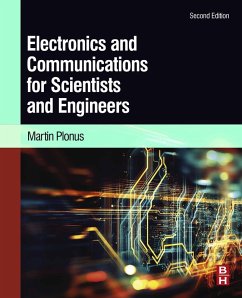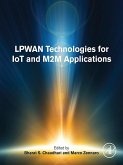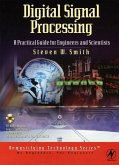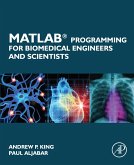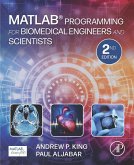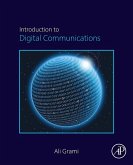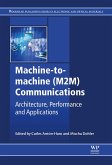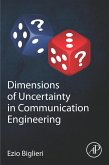Electronics and Communications for Scientists and Engineers, Second Edition, offers a valuable and unique overview on the basics of electronic technology and the internet. Class-tested over many years with students at Northwestern University, this useful text covers the essential electronics and communications topics for students and practitioners in engineering, physics, chemistry, and other applied sciences. It describes the electronic underpinnings of the World Wide Web and explains the basics of digital technology, including computing and communications, circuits, analog and digital electronics, as well as special topics such as operational amplifiers, data compression, ultra high definition TV, artificial intelligence, and quantum computers.
- Incorporates comprehensive updates and expanded material in all chapters where appropriate
- Includes new problems added throughout the text
- Features an updated section on RLC circuits
- Presents revised and new content in Chapters 7, 8, and 9 on digital systems, showing the many changes and rapid progress in these areas since 2000
Dieser Download kann aus rechtlichen Gründen nur mit Rechnungsadresse in A, B, BG, CY, CZ, D, DK, EW, E, FIN, F, GR, HR, H, IRL, I, LT, L, LR, M, NL, PL, P, R, S, SLO, SK ausgeliefert werden.

